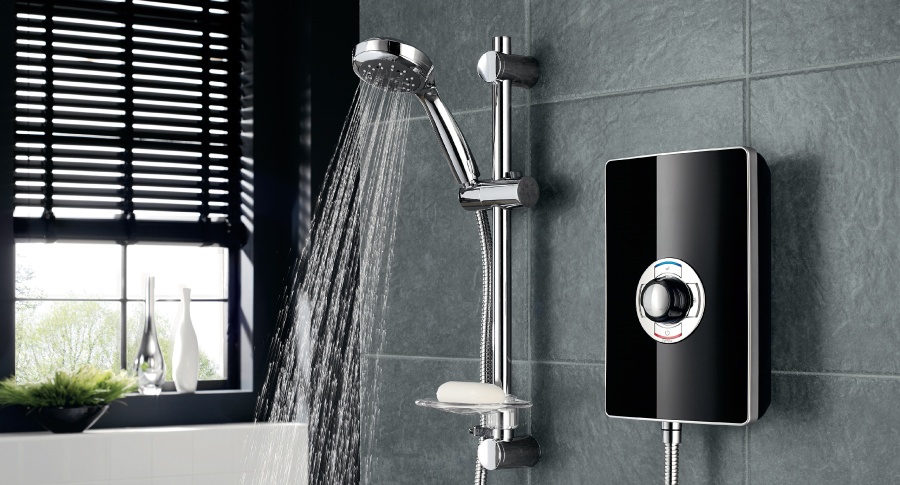Norcros (LON:NXR)
Price Mid Price 173p
Bid/Offer 170p - 176p NMS 1,000
Market Cap circa £105 million
Enterprise Value circa £132 million
About the Company
A Company located both in the UK and in South Africa. Their products include showers, taps, bathroom accessories, tiles and adhesives. Six plants in the UK where Triton Showers, Vado, Croydex, Abode, Johnson Tiles and Norcros Adhesive are manufactured and designed. In South Africa, their products include Johnson Tiles, TAL and Tile Africa.
Revenue has been growing with a target to double revenue, some of which has already been achieved with organic growth and through acquisitions.

Reorganisation
In March 2017 the company began restructuring its UK tiles business involving the loss of 90 jobs which will likely incur an exceptional charge of £2.3 million. Greater productivity is forecast which will lead to an anticipated payback time within next 12 months.
Borrowings
The Company has managed to reduce net debt from £32.6 million in 2016 to circa £24 million in 2017.
The Investment Case
The Company sells continuously at a lower p/e multiple of 7 times for good reason.
The Bear Case x 5
1. The large pension deficit that has increased to nearly £100 million that supports over 7,000 workers in retirement.
2. The South African connection provides a geopolitical and a currency risk, combined with the complexity of managing two businesses in very different places and in dissimilar markets.
3. Most of the business in Tiles and Adhesive compete on price and not necessarily the brand names.
4. If imported inflation creeps up without wage growth, then consumers will have less discretionary purchasing power to buy their range of premium products.
5. The relatively large number of staff at 2,000 employees suggests a large wage bill which operates in a low operating margin environment.
The Bull Case x 5
1. The pension deficit is caused by perpetual low-interest rates. Any normalisation of interest rates by 2% upwards in future years will likely eliminate the deficit by itself. The company has £400 million plus in a pension reserve which needs to grow to…








